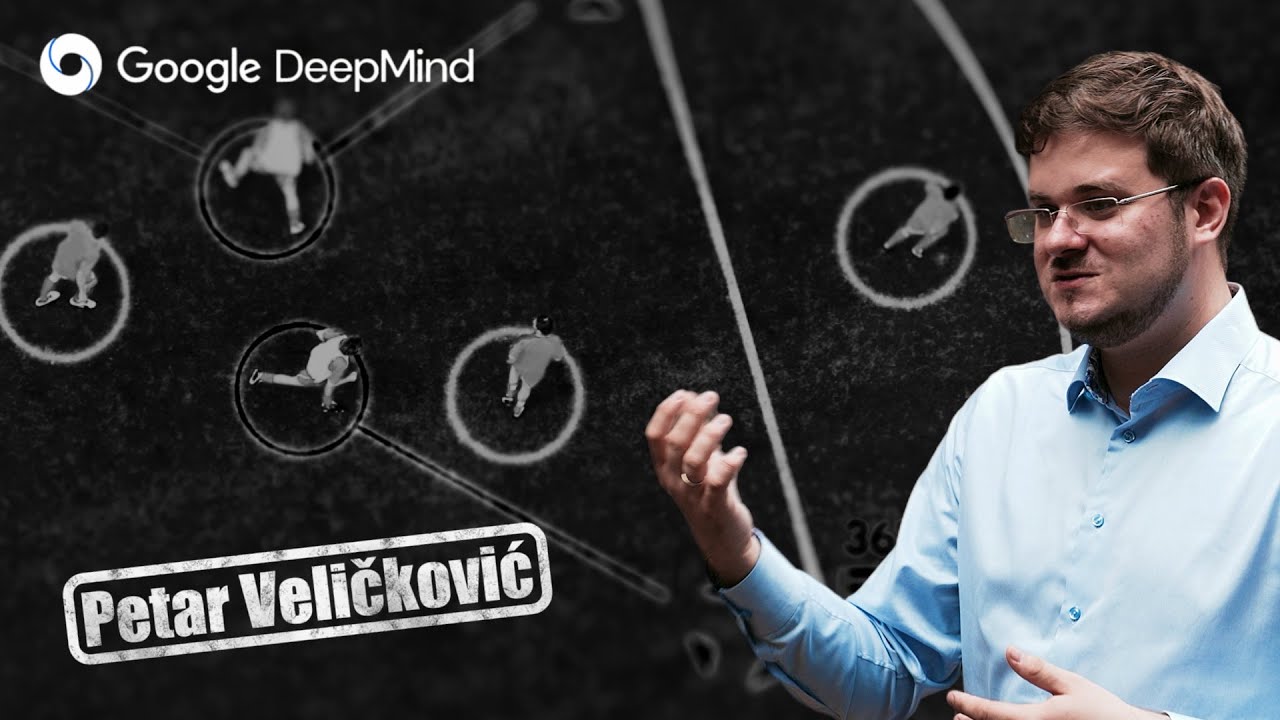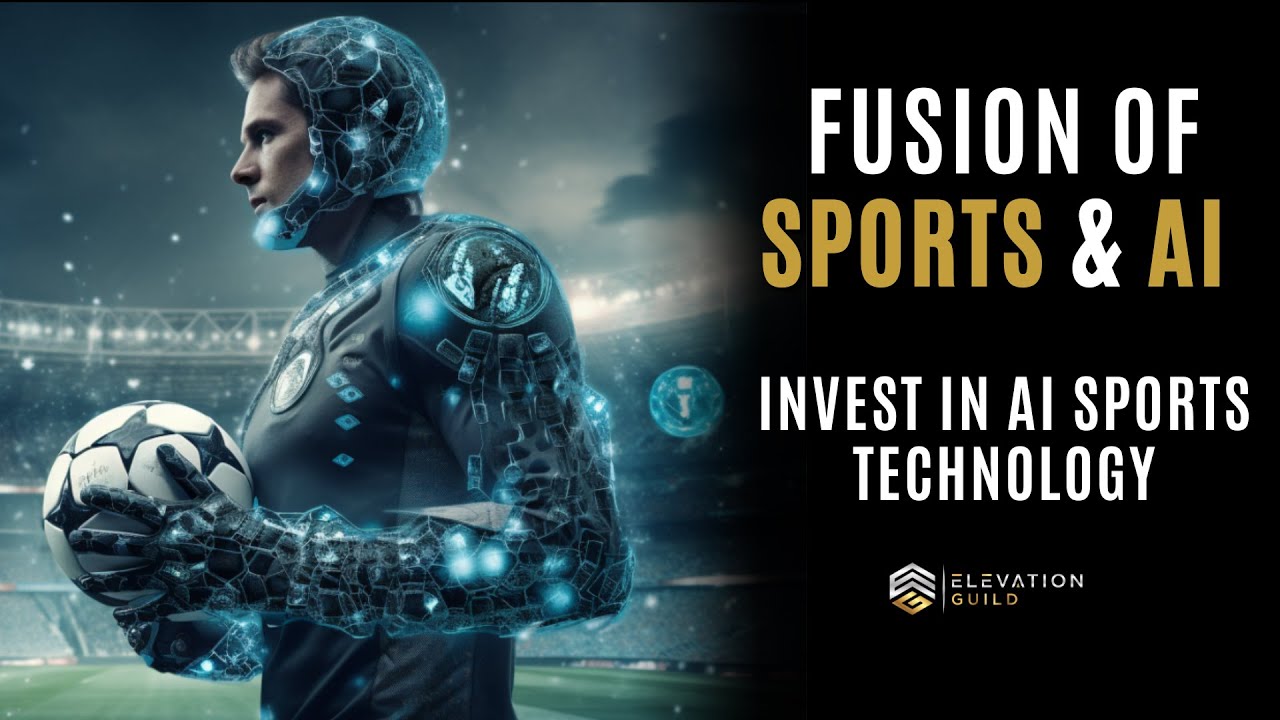
The incorporation of AI into sports presents a variety of hurdles that must be surmounted for effective assimilation. The primary obstacles are as follows:
-
Integration: The introduction of AI technology into sports may encounter difficulties related to its seamless integration with existing systems and processes.
-
Overfitting & Generalization: It’s crucial to ensure that AI models neither overfit nor generalize excessively, as this could compromise the precision and dependability of the forecasts generated by the AI mechanisms.
-
Reliance on Technology: An excessive dependence on AI systems for evaluating athletes and providing feedback might result in a deficiency in instinctive and innovative coaching, possibly restricting an athlete’s capabilities.
-
Privacy and Data Security: Gathering data regarding athletes’ performance triggers apprehensions about privacy and data security, given that athletes might be anxious about the utilization and dissemination of their data.
-
Bias and Fairness: There exist worries about bias within AI systems, which could perpetuate pre-existing biases if they are not properly designed or trained, thereby affecting the fairness of training techniques.
-
Limited Human Interaction: Although AI can deliver precise analysis, it should not supplant the human aspect of coaching and training; human interaction, emotional backing, and life skill cultivation are vital components in sports instruction.
It is imperative to address these issues to effectively exploit the advantages of AI in sports while maintaining equilibrium between technological progressions and human participation in coaching and training.



